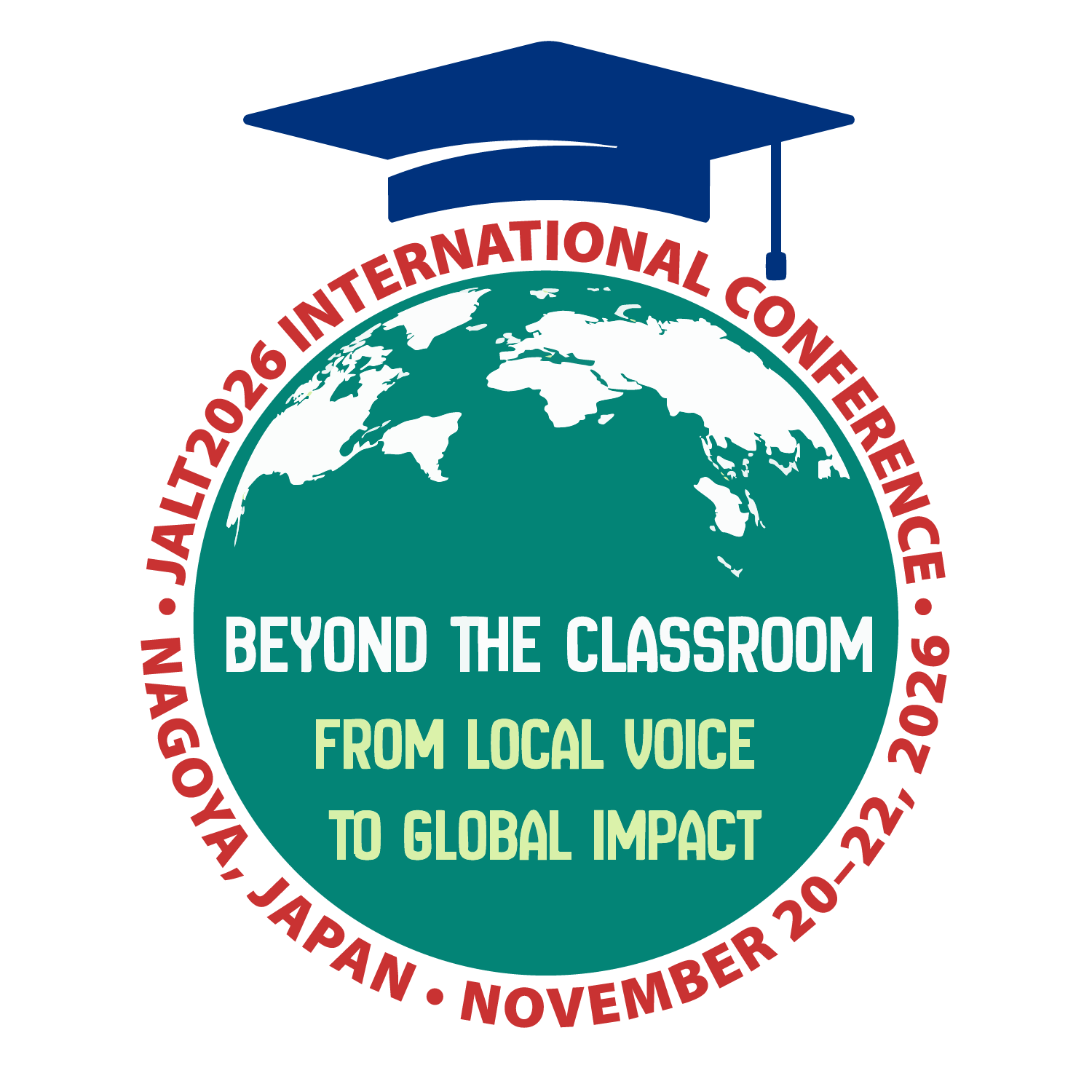Started using CALL in Austria, using internet labs
Student created magazines
Pen friend project
Difficulty with computer access, so couldn’t really move forward at that time.
Started a critical reading & writing program with a heavy emphasis on scaffoldable material
Various social platforms work for on-line blogging
Chose Facebook because of how easy the access was and how much students were already engaged with it.
Discovered that almost all of his students has no serious reading experience in L2 (English)
Found out that 60%+ using some form of social media with students for content learning
Data management is all done by Facebook. Functionality of Facebook includes:
Tagging
Posting & editing posts
Seen by number, etc.
On-line Blogging/Reading Program included:
5 books fixed at 25 students per text on a Google Docs sign up basis
Book Club Process:
Three questions a week by teacher
Students read ~30 pages (depending on text overall length)
Instructor facilitates discussion/gives feedback
12 week program schedule
Weeks 1 – 3
Any form of student participation was acceptable
Weeks 4 – 7
Students should refer to text as well as provide an explanation for full credit
Week 8 – 12
Students should refer to the text, respond to previous answers, and add unique ideas for full credit
Student to Student Interaction is very positive for intellectual growth
In Japan, Facebook is not as popular as other social media hosts. LINE tends to be more widely used, but it doesn’t lend itself as well to the innate data management Facebook uses.
Open to experimenting with different social platforms
Also possible to include graded readers for easier reading for lower level students (also truer to Extensive Reading pedagogical practice)
University of Toronto program includes, 80% chinese students, 10% Ecuadorians, and 10% other (Ukraine, Japanese, etc.)
iELTS 5.5; TOEFL 523-599
Research Design
Integrated ~ Community of Inquiry
Analysis of:
Student interactions
Instructor interviews
Document analysis
Facebook group analysis/observation
Divided up Facebook comments into categories
Social Presence
Cognitive Presence
Teaching Presence
Went to Vygotsky’s Zone of Proximal Development (ZPD)
Question goals:
Elicit responses to finish a book (offer resolution)
Link text to self
Instructor supplied images, video, and audio files to book to make text to text connections
+1 questions, asking students to go beyond the text
Student to student questions (peer to peer)
Project created a community of teachers
Free exchange of ideas and transparency among instructors
Included as much student choice as possible in the questions asked
At times, the questions supplied by the teacher were too broad and received negative feedback from other instructors and students (in terms of their participation)
In Community of Practice
Softened harsh teachers, as they shared skills with peers
Reading Strategies
Reading other students answers to get their own answers
Responding to instructor’s questions and feedback to other students
Adding on to other student’s answers
Analyzing other students answers and steering away from similar mistakes or improving their own answers based on others
Part of Student Improvement included
Giving other authors (in some cases other students) credit for their contribution
Practice with short answer questions
Peer Learning Triangle
Students also gained cultural appreciation as part of academic literacy
Students accustomed to Confucian learning style versus the Socratic method
Challenges Faced
——————-
Participation
Assessment
Book Choice
Student to student interactions
NPO The Japan Association for Language Teaching
特定非営利活動法人 全国語学教育学会

